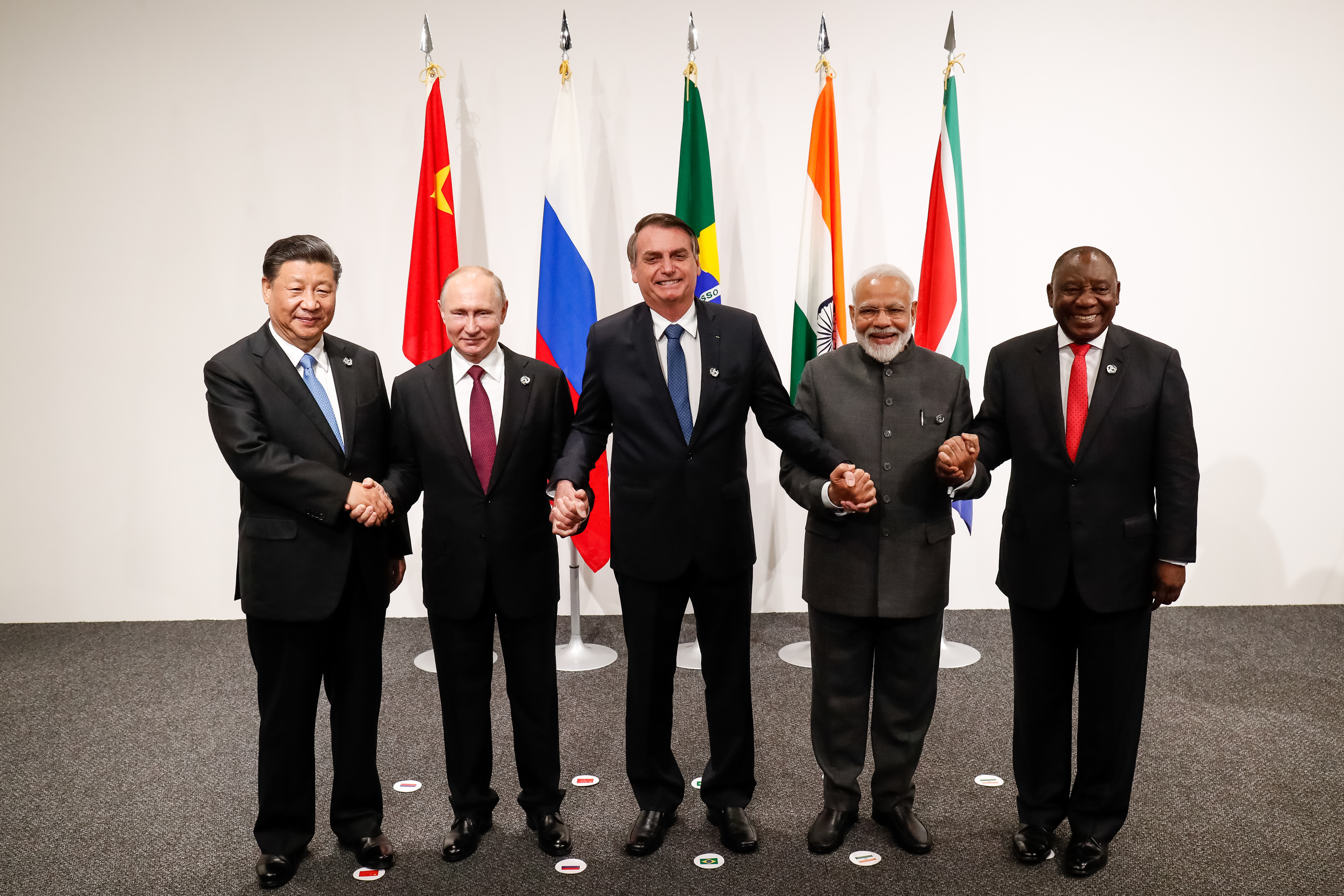1. What are the BRICS Nations?
2. The BRICS Nations and the Global Economy
3. The BRICS Nations and International Relations
The BRICS nations, which include Brazil, Russia, India, China, and South Africa, have been steadily growing in power and influence over the past few years. This group of emerging economies has become a force to be reckoned with on the global stage, and their impact is only set to increase in the years to come. In this article, we will take a closer look at the power and growing influence of the BRICS nations, and what it means for the world.
The BRICS Nations and the Global Economy
One of the key factors that has contributed to the rise of the BRICS nations is their economic power. These five countries are home to a combined population of over 3 billion people, and they account for around 40% of the world's population. This vast pool of human resources has enabled them to build thriving economies, with China and India in particular emerging as major manufacturing and service hubs.
In terms of GDP, the BRICS nations collectively generate around 20% of the world's economic output. This figure is set to rise in the coming years, as these countries continue to invest heavily in infrastructure, education, and technological development.
Regional Powerhouses
Another important aspect of the BRICS nations is their regional power. These countries are strategically located across the world, with Brazil and South Africa representing the Latin American and African regions respectively. Russia represents Europe and Asia, while India and China are situated in the heart of Asia.
This regional diversity has enabled the BRICS nations to develop strong trade and diplomatic ties with other countries in their respective regions. For example, China has become a major trading partner for countries in Asia and Africa, while Brazil has developed close ties with other Latin American nations.
Political Powerhouses
The BRICS nations are also becoming increasingly influential on the global political stage. All five countries are members of the United Nations, and they have been working together to promote their shared interests and values.
One example of this is the establishment of the BRICS New Development Bank, which was set up in 2014 to provide funding for infrastructure and sustainable development projects in developing countries. This has enabled the BRICS nations to promote their own agenda on the global stage, and to challenge the dominance of the traditional western powers in institutions like the World Bank and the International Monetary Fund.
The BRICS Nations and International Relations
The power and growing influence of the BRICS nations is set to continue in the coming years. With their large populations, growing economies, and strategic locations, these countries are poised to play an increasingly important role in shaping the world in the 21st century.
For businesses and investors, this presents a wealth of opportunities, as the BRICS nations offer a huge potential market for goods and services. For governments and policymakers, it means the need to pay closer attention to the interests and concerns of these emerging powers, and to work together with them to tackle the pressing global issues of our time.
Conclusion
In conclusion, the BRICS nations represent a new era of global power and influence. These countries are no longer content to play a secondary role in world affairs, and are actively working to promote their own interests and values. As the world becomes increasingly interconnected and interdependent, it is clear that the BRICS nations will play a key role in shaping the future of our planet.

0 Comments